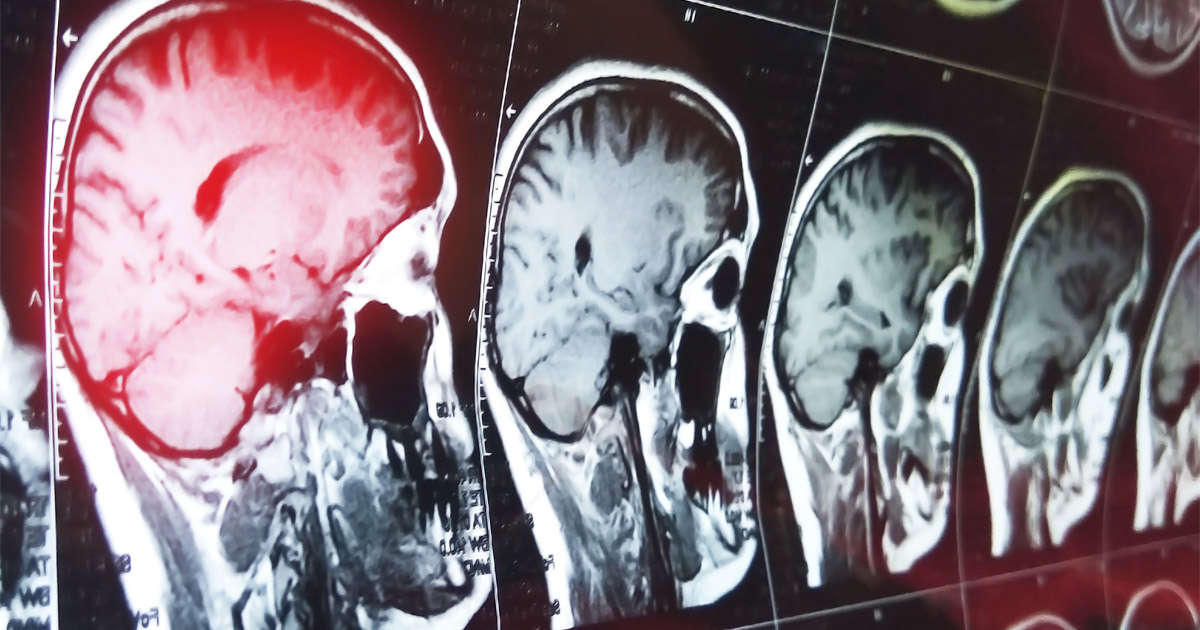Car accidents cause a wide range of injuries, including everything from minor cuts and scrapes to broken bones, spinal cord injuries, and organ damage, depending on the nature and severity of the accident.
One of the most common yet potentially devastating types of car accident injuries is traumatic brain injury (TBI), which can occur when the impact of the accident causes a blow to the head. TBIs can range from mild to severe, but even a mild TBI can become more serious if it is not properly diagnosed and treated. In extreme cases, a TBI can cause permanent physical and cognitive impairments, which will require ongoing medical care.
The medical costs associated with a TBI can start to accumulate very quickly. This can be financially devastating, particularly if your injury prevents you from being able to return to work. If you or a loved one suffered a TBI in a car accident, an experienced car accident lawyer will assist you with the claims process, ensure that your legal rights are protected, and pursue the maximum financial compensation you deserve.
What Is a TBI?
A TBI is a brain injury that is caused by a sudden blow to the head that causes trauma to the brain. Car accidents are among the most common causes due to the sudden and often extreme impact, particularly if the vehicles are traveling at a high speed at the time of impact. At the moment of impact, the brain hits the inside of the skull, which can cause bruising, bleeding, and tearing of nerve fibers. TBIs range from mild to severe, based on the severity of the injury.
- Mild: The person is awake, and their eyes are open. Common symptoms include confusion, disorientation, memory loss, headache, drowsiness, dizziness, sensitivity to light, and a brief loss of consciousness.
- Moderate: The person’s eyes are open to stimulations, but they may appear lethargic. Some brain swelling or a brain bleed may cause drowsiness, but they are still arousable. They may lose consciousness for 20 minutes to six hours. Other symptoms include severe headache, persistent nausea, seizures, slurred speech, pupil dilation in one or both eyes, and loss of coordination.
- Severe: The person is unconscious, and their eyes do not open, even with stimulation. A loss of consciousness lasts for over six hours. The person may also experience profound confusion, an inability to awaken from sleep, numbness and tingling in the arms or legs, increased confusion or agitation, clear fluid draining from the ears or nose, and coma.
What Are the Different Types of TBIs?
The following are examples of the different types of TBIs that a car accident can cause:
- Concussion: This is a relatively mild head injury that can cause a range of symptoms like headache, nausea, confusion, and sluggishness, although it does not generally cause permanent brain injury.
- Diffuse Axonal Injury (DAI): This occurs when the brain moves back and forth inside the skull, which can tear and damage the nerve axons, which connect one nerve cell to another throughout the brain.
- Traumatic Subarachnoid Hemorrhage (tSAH): This occurs when there is bleeding into the space surrounding the brain, which is normally filled with cerebrospinal fluid that acts as a cushion to protect the brain. A tSAH occurs when the injury causes small arteries to tear and blood spreads over the surface of the brain, causing a range of health complications, including a brain aneurysm.
- Hematoma: This is a blood clot that forms when a blood vessel ruptures. If the clot becomes large, it can compress the brain. Depending on the size and location of the clot, surgery may be required to remove it.
What Do I Do for a TBI Following a Car Accident?
In some cases, a TBI may not be obvious, particularly immediately following an accident when adrenaline is coursing through the body, masking pain and other common symptoms. This is why it is so important to take the following steps if you are involved in a car accident:
- Get Immediate Medical Attention: The sooner a TBI is diagnosed, the sooner the injury can be treated. This is extremely important since you may not experience symptoms immediately following the accident. Getting examined by a medical professional will ensure that your injury is properly diagnosed, using functional testing as well as imaging tests like Positron Emission Tomography (PET) and Single Photon Emission Computed Tomography (SPECT). These tests will help ensure that you receive the most effective treatment, which may include pharmacologic management, cognitive-behavioral remediation, environmental manipulation, and counseling.
- Keep Copies of Medical Records: Make sure that you get copies of all medical documents, including hospital bills, test results, and follow-up care with your family physician. You will need to provide this documentation to your insurance company if you are seeking financial compensation for your injuries by filing a personal injury claim.
- Collect Evidence: In order to have a successful claims outcome, you will need to be able to prove that the other motorist caused the accident. Seeking immediate medical attention is crucial, even if your injury does not seem serious in the moments following the accident. However, if you fail to get medical attention, the other motorist’s insurance company will argue that your injury must not be very serious if you do not find it necessary to seek treatment. This will likely have a negative impact on your claim. Other evidence that will help your case includes pictures of the damage to your vehicle and your injuries, skid marks on the road, and whether the other driver was distracted or impaired at the time of the accident.
- Contact a Car Accident Lawyer: An experienced car accident lawyer will review the details of our case, ensure that your legal rights are protected, and help you recover the damages to which you are entitled. Oftentimes, insurance companies will offer an initial settlement that may seem like a large sum of money. However, this rarely covers the total costs associated with a TBI, particularly if you require ongoing medical care.
The Brooklyn Car Accident Lawyers at Rubenstein & Rynecki Recover Compensation for Victims of TBIs
If you or a loved one suffered a TBI in a car accident, do not hesitate to contact the Brooklyn car accident lawyers at Rubenstein & Rynecki. We will conduct a thorough investigation, determine whether the other motorist was at fault, and assist you with every step of the claims process. Our highly skilled legal team will protect your legal rights and pursue the maximum financial compensation you deserve for your injuries. To schedule a free consultation, call us today at 718-522-1020 or contact us online. Our office is located in Brooklyn, New York, where we serve clients throughout New York City, including The Bronx, Manhattan, Queens, and Staten Island.






